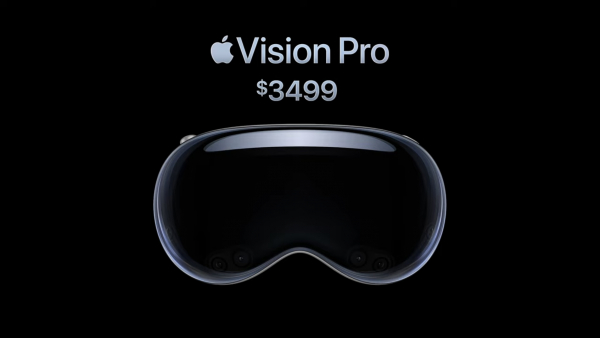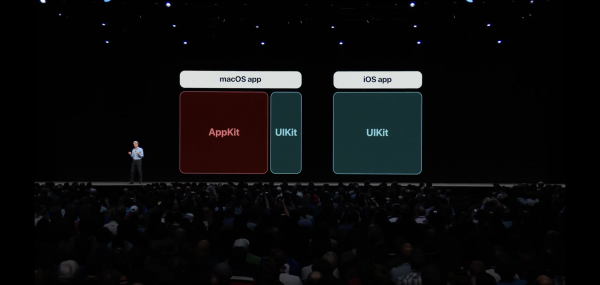Lots of hot takes immediately dismissing the Apple Vision Pro. They're all short-sighted. Here are some historical fun facts about Apple products:
- iPhone did not get copy-and-paste until the third-generation iPhone 3GS.
- iPhone didn’t get mainstream adoption until the iPhone 4.
- Apple Watch did not have clear killer app until watchOS 3, when Apple doubled-down on Fitness & Health.
- The first-generation Apple Watch had as much compute power as two iPhone 4s.
- When AirPods were first released, it was ridiculed for its looks. Today, AirPods are the gold standard for wireless earbuds and headphone jacks are non-standard on modern flagship smartphones.
So what are people saying about Apple Vision Pro?
"It costs 7x as much as the Meta Quest…"
Yes, that's true. As Ben Evans puts it:
Meta is trying to catalyze an ecosystem while we wait for the right hardware - Apple is trying to catalyze an ecosystem while we wait for the right price.
Both paths are good bets…but I think Apple's vision is smarter.
Zuckerberg envisions everyone wearing VR headsets for most hours of the day, both at work and at home. His belief is that your digital life will be as important as your physical life. To Zuckerberg, living in the digital world is socializing, not isolating.
Apple disagrees. Tim Cook has said for years that the goal is to have AR enhance the real world around you. The Vision Pro is built from the ground up to let interact with both the real world and the digital world at the same time.
Nilay Patel of The Verge, summed it up the best:
Meta Quest 2 is a mid-range Android smartphone on your face.
Apple Vision Pro is a MacBook on your face.
In the pre-iPhone era, the smartphone was thought of as a cell phone with apps. Then Apple launched a mobile computer with a phone app.
If the "metaverse" is going to be a thing, Apple will make it just one dimension of spatial computing.
"The 2-hour battery isn't even long enough for a movie! LOL"
Yup, and that's fine for this v1.0 model! This generation is targeted for developers and will only be used for indoor, stationary situations. The fun begins when it becomes portable, but we need developers to make that meaningful.
"Creepy Black Mirror vibes."
I gotta admit, the spacial camera demo of the father recording his kid's birthday while wearing Apple Vision Pro is a bit cringey…and we all know how Google Glass was rejected. But remember: there was a time when having a camera on a cellphone was considered creepy too.
We'll see how this pans out, but for now, Apple Vision Pro will clearly indicate to others when you are recording.
"I'm not going to walk around with ski goggles on my face."
I'm not planning on it either, lol. But that's fine, because Apple is playing a very, very long-game here.
Overall, Apple Vision Pro is a massive step towards AR glasses. This is a long stop-gap to get developers building on the AR platform until the product is portable to wear outside and affordable enough for the common consumer.
And if there's any tech company in the world that will miniaturize powerful hardware into something the size of a pair of sunglasses, it's Apple.

